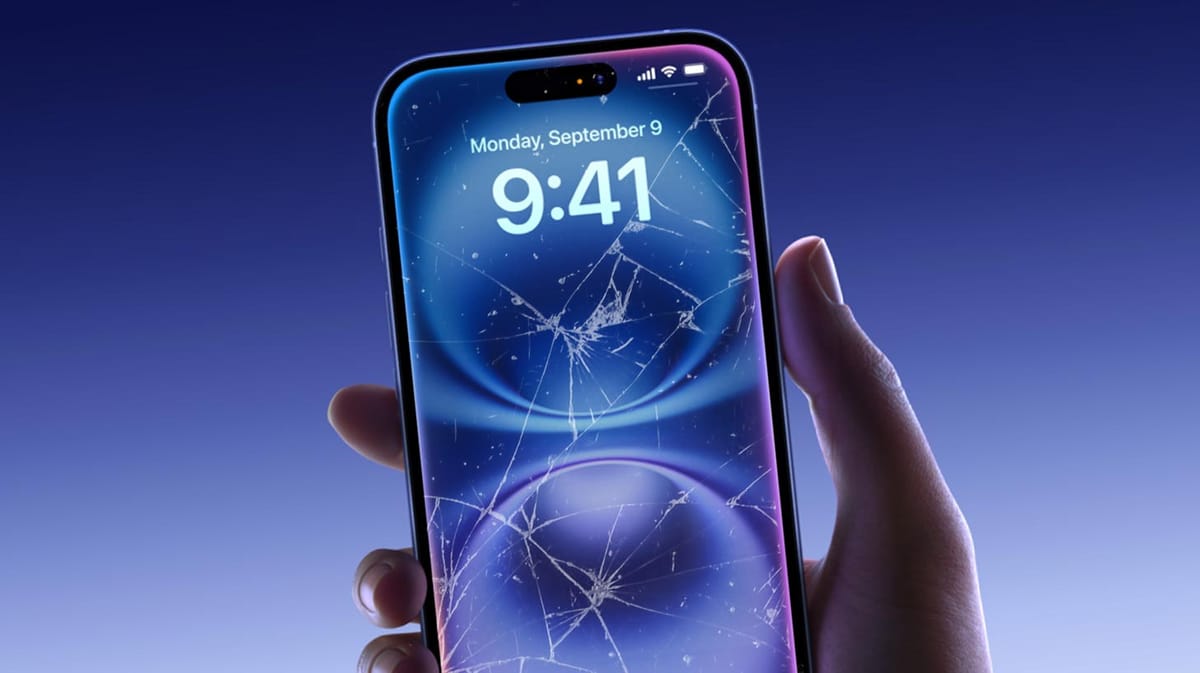Apple's Intelligence Crisis: Don't Take My Word For It
How the iconic brand went from "Think Different" to "What were they thinking?" Here's what the experts say.

Apple built its reputation as the world’s most valuable company by consistently releasing flawless products with perfect timing—whether it was the Mac outclassing early personal computers, or the iPhone redefining what a phone could be. Today, the conversation swirling around Apple is whether it has lost its once-uncanny ability to set the gold standard for consumer tech. There's no arguing that the iconic brand is behind in AI. No debating that Siri is the laughing stock of voice assistants. And little doubt that the highly publicized Apple Intelligence rollout was a flop. But is that the complete story?
I’ll be the first to admit: I’m no AI engineer or Wall Street analyst. I’ve got opinions, sure, but I’m aware there’s a deep, technical undercurrent behind Apple’s AI difficulties—so I'm turning to the experts on this one. I'm looking to longtime Apple analysts, veteran tech journalists, and AI-savvy researchers who have tracked the company’s moves for years. Their collective insights form a bigger picture of Apple’s predicament than any single viewpoint could provide.
As you'll see, however, even they don't agree. Although they differ in their exact assessments, most experts fall loosely into three camps.
Camp A: “Apple Is Desperately Behind”
A notable group of reporters and analysts assert that Apple’s AI strategy has been too tentative and secretive, leaving the company trailing rivals who’ve pushed large language models and voice assistants forward at breakneck speed. Bloomberg’s Mark Gurman, known for well-sourced Apple scoops, recently declared that the next iteration of Siri is mired in internal friction. He cites missed deadlines, siloed teams, and high-level disagreements about how to evolve Apple’s voice technology. Dan Ives, a financial analyst from Wedbush Securities, sees Apple’s silence on generative AI as a glaring vacuum—one that’s tarnishing the brand’s “cutting edge” image.
Even longtime Apple bull Gene Munster has shown frustration with Siri’s stagnant feature set, pointing out the obvious: the assistant lags far behind alternatives like ChatGPT or Gemini Live. These voices see little evidence that Apple can right the ship in the near term; they’ve essentially concluded that the company over-promised and under-delivered, and the scale of the AI revolution isn’t giving Apple time to catch up. From their vantage point, Apple has committed a cardinal sin: it put hype before substance.
Camp B: “They're Just Playing it Safe”
In contrast to the first camp, another contingent posits that Apple’s meticulous, hardware-centric vision might pay off in due course. Ben Thompson of Stratechery, for instance, stresses Apple’s historically proven strategy of waiting for technology to mature—and then integrating it across its ecosystem with trademark polish. He notes the company’s success with custom chips (like the Neural Engine) could give Apple a quiet edge, enabling local, privacy-friendly AI without loud fanfare.
Longtime Apple commentator John Gruber echoes this sentiment, suggesting that Apple’s caution stems from protecting the user experience—and its brand. He points out that Apple rarely unleashes half-baked features on the public (though even he admits Siri is an exception). In Gruber’s eyes, Apple might be behind in the generative AI hype cycle, but the “it just works” approach could see Apple unveiling a robust AI suite when it’s truly ready. Critics from Camp A call that naive, but the second camp insists it’s simply Apple’s modus operandi.
Camp C: “It's a Hardware Thing”
A third group, often represented by analysts like Ming-Chi Kuo and Horace Dediu, views the AI question primarily through a hardware and supply-chain lens. They note that Apple’s success has always hinged on tightly coupling advanced software with proprietary silicon—whether in the Mac, iPhone, or Apple Watch. Apple’s behind-the-scenes emphasis on GPU-like performance in its Neural Engine could, in theory, position it for an AI breakthrough. Kuo hypothesizes that Apple’s next big leap might be less about a ChatGPT clone and more about advanced on-device capabilities: real-time translation, offline voice modeling, context-rich camera functions. In other words, Apple aims to handle all those complex AI tasks locally on your device, instead of over the cloud.
Dediu also leans to Apple’s preference for incremental, under-the-hood improvements, which often look underwhelming—until they flip the switch on a new technology that draws from several years of slow, methodical development. Neither Kuo nor Dediu denies Apple’s current AI shortcomings, but they underscore that Apple’s hardware might eventually enable generative AI that’s more privacy-conscious and integrated than anything else on the market. When that day arrives, the company might instantly reframe the narrative.
The Verdict: It’s Complicated
Viewed together, these three camps illustrate just how tangled the situation is. Yes, many experts believe Apple has dropped the ball—especially when you compare Siri to the leaps made by OpenAI, Google, and Amazon. But others see Apple’s hush-hush R&D as a hidden advantage, or they stress that Apple’s hardware-first strategy is an ace in the hole. Meanwhile, financial analysts keep noting that even if Apple’s AI strategy is floundering now, the company’s astronomical market cap sits at three trillion dollars, giving it plenty of room to course correct.
Nothing in these viewpoints is inherently contradictory. Apple can be late to the party and still eventually overtake the field. Siri can be embarrassingly outclassed right now, yet Apple might have internal projects that haven’t hit public release. And all these threads can be true without answering the question: "Why is Apple so far behind?"
I'm No Expert, But...
I may not be an AI researcher or business analyst, but do consider myself an expert on one thing: Marketing. And on that front, there's no grey area whatsoever. Apple has committed an uncharacteristic brand blunder that boggles the mind.
For decades, Apple’s marketing was unimpeachable. From the “1984” spot that redefined television ads, to the era-defining iPod silhouettes, to the cinematic iPhone launches, Apple’s promotional campaigns were the absolute model of marketing mastery. Even Siri’s initial reveal—while the technology was never perfect—generated massive excitement and framed Apple as an AI trailblazer. But this time, the campaign for the iPhone 16, championing “Built for Apple Intelligence,” was brazenly oversold and under-delivered. I can’t find any logical explanation for unveiling a major AI initiative that wasn’t close to market-ready—especially not from a company that used to be allergic to half-baked rollouts.
What baffles me most is that Apple continues trumpeting the “Apple Intelligence” slogan, almost daring the press and consumers to call it out. In this marketer's opinion, it's time to go stealth until this thing is fit for public consumption. And while you're at it, I'd think long and hard about renaming Siri.
If there’s a single lesson to draw from the pundits, it’s that disruption comes for us all—even the most revered brand in tech. Whether Apple recovers with a brilliant pivot or continues to muddle through, the sheer scale and speed of AI disruption means there’s no coasting on reputation. Those who think otherwise are missing the point. If the biggest brand, with the deepest pockets, and the most prestigious agencies can be caught flat-footed, the rest of us better be on our toes. That's the real takeaway.
But I'm no expert.






